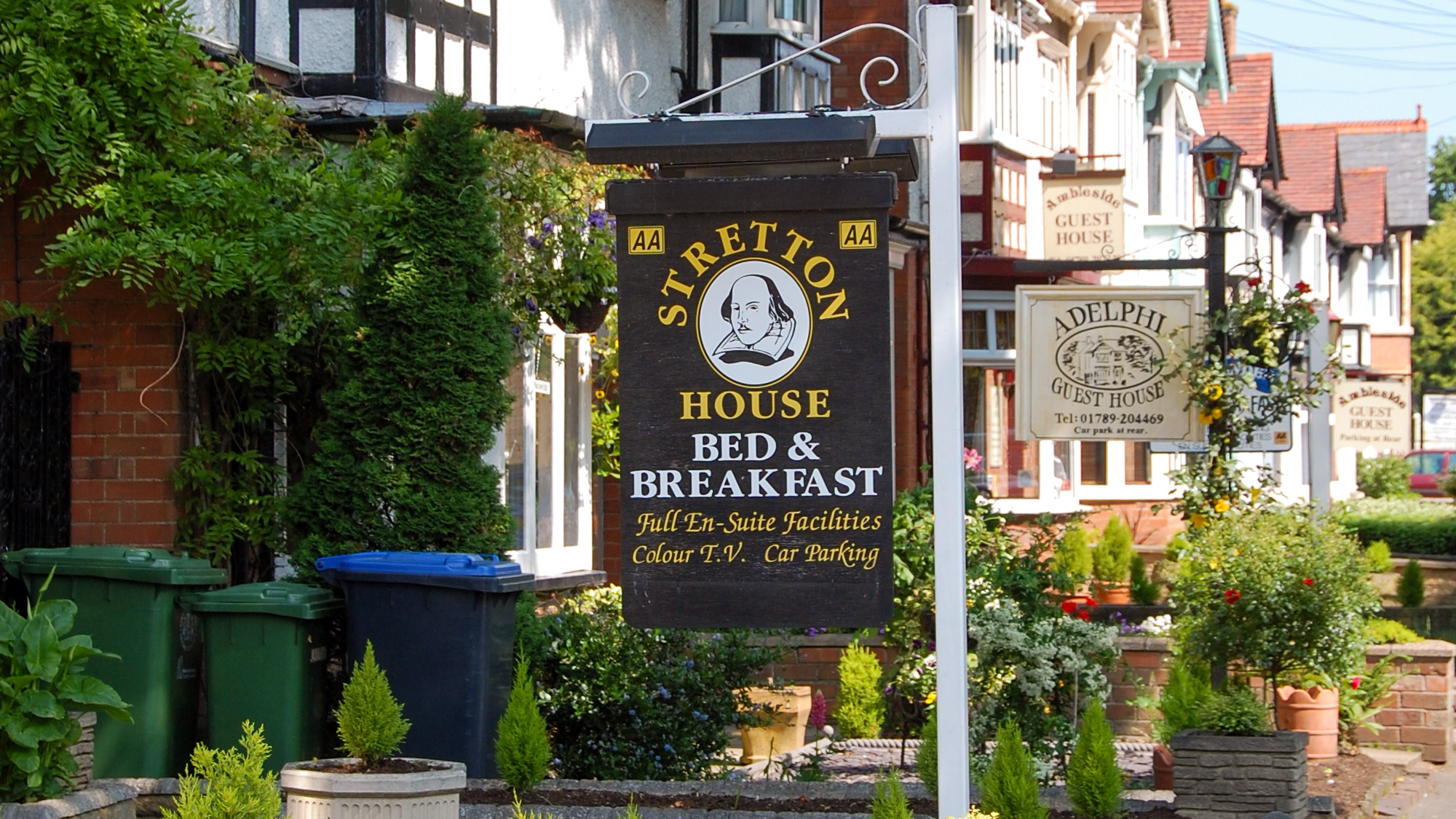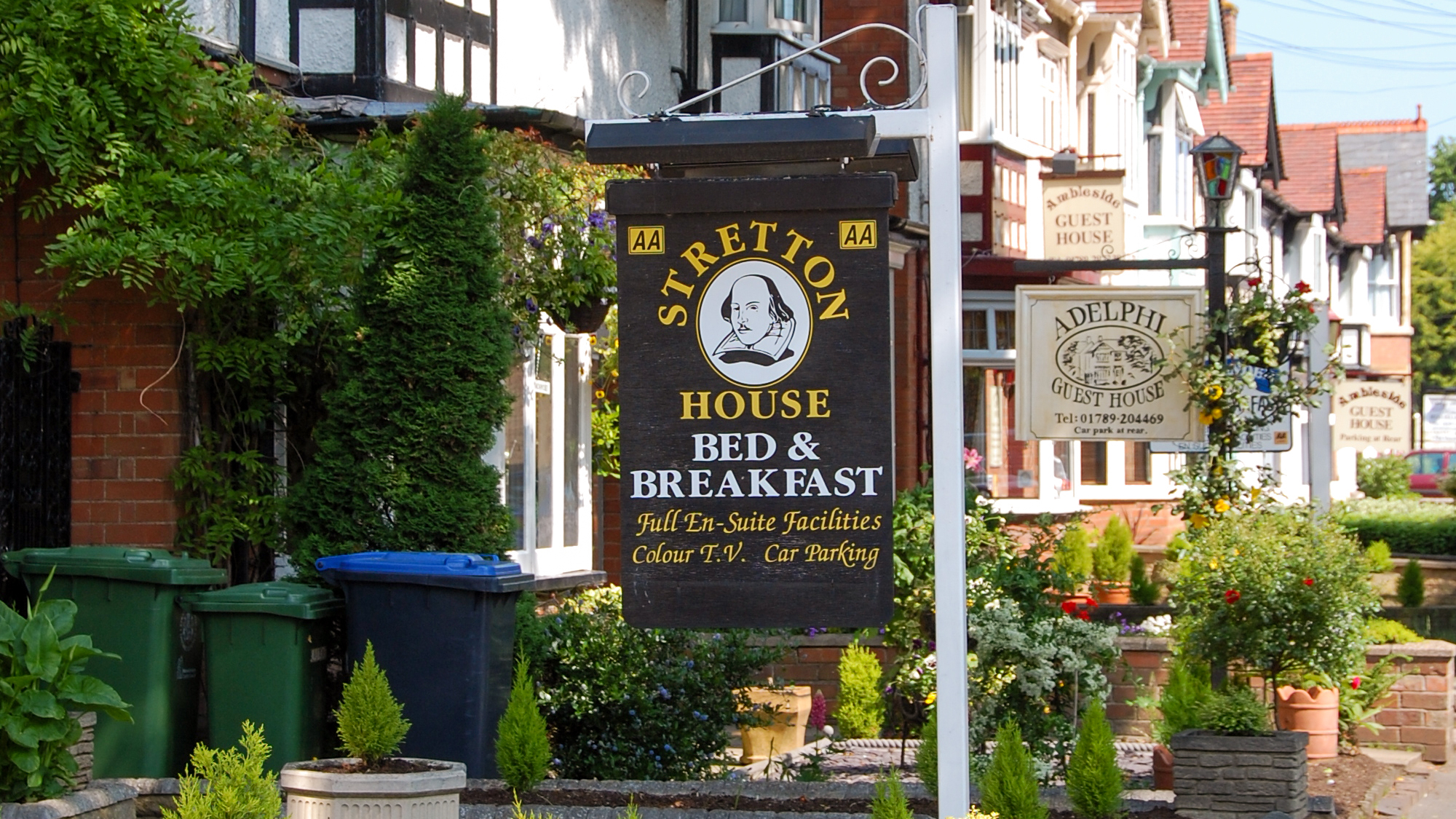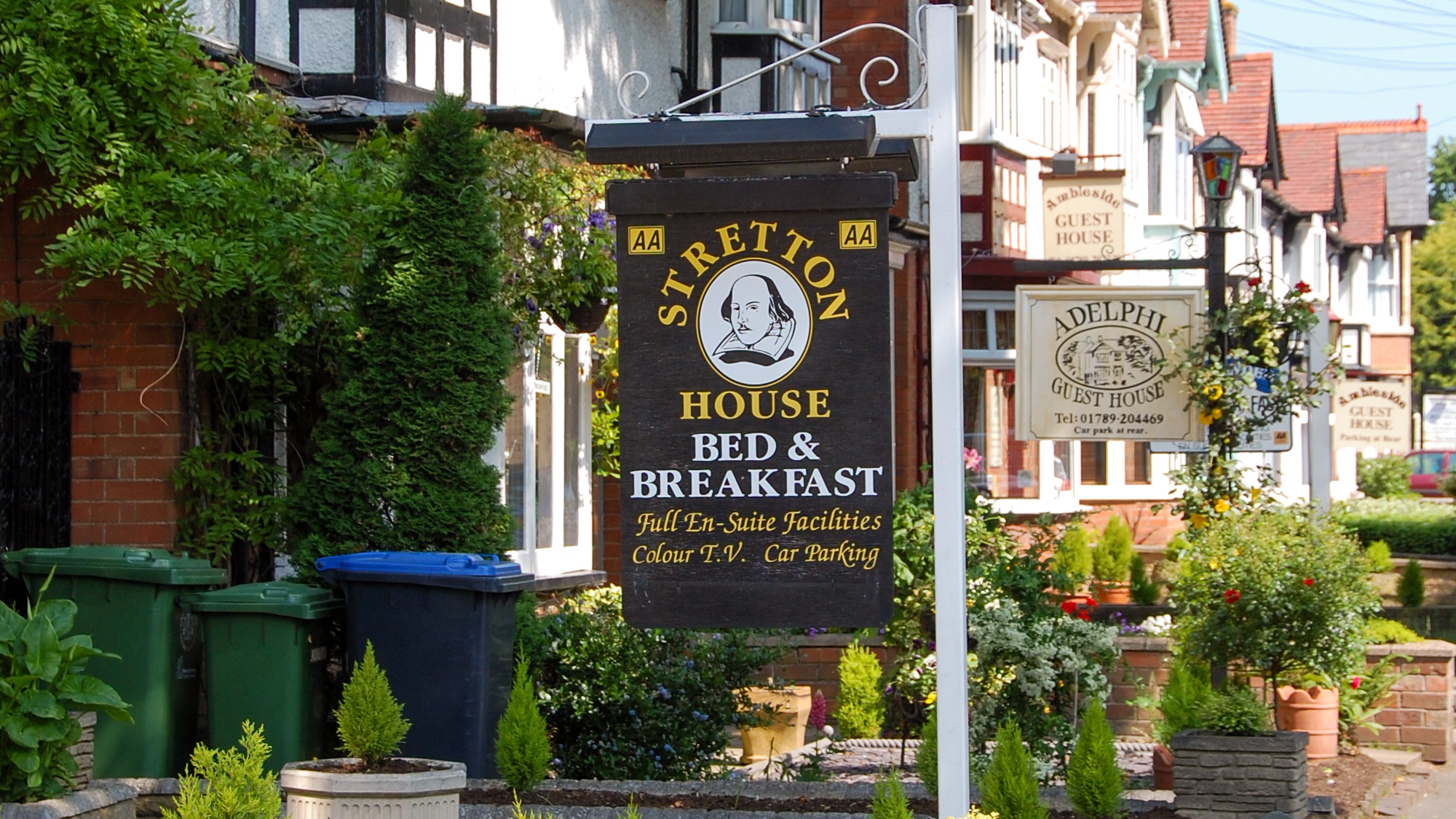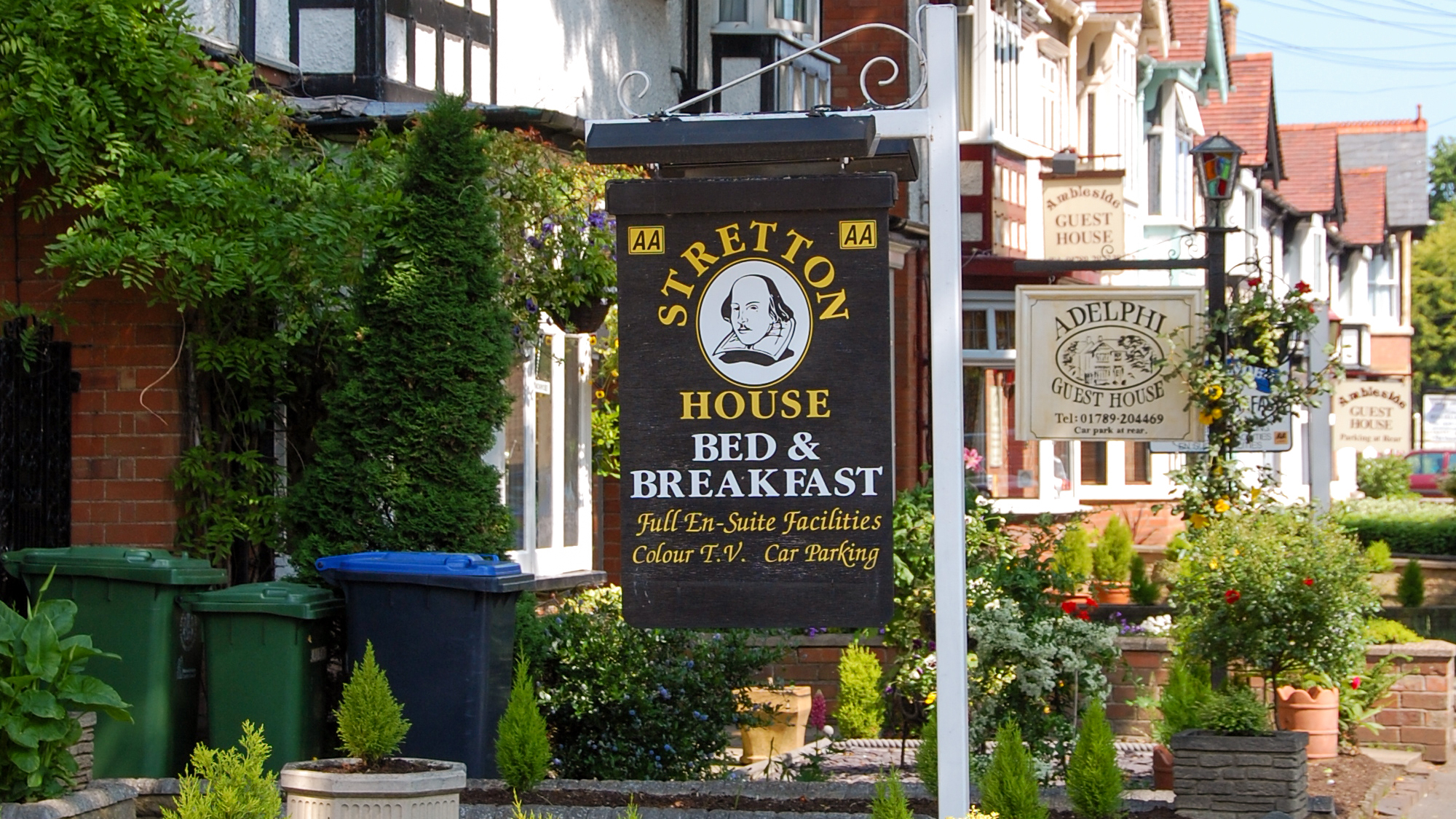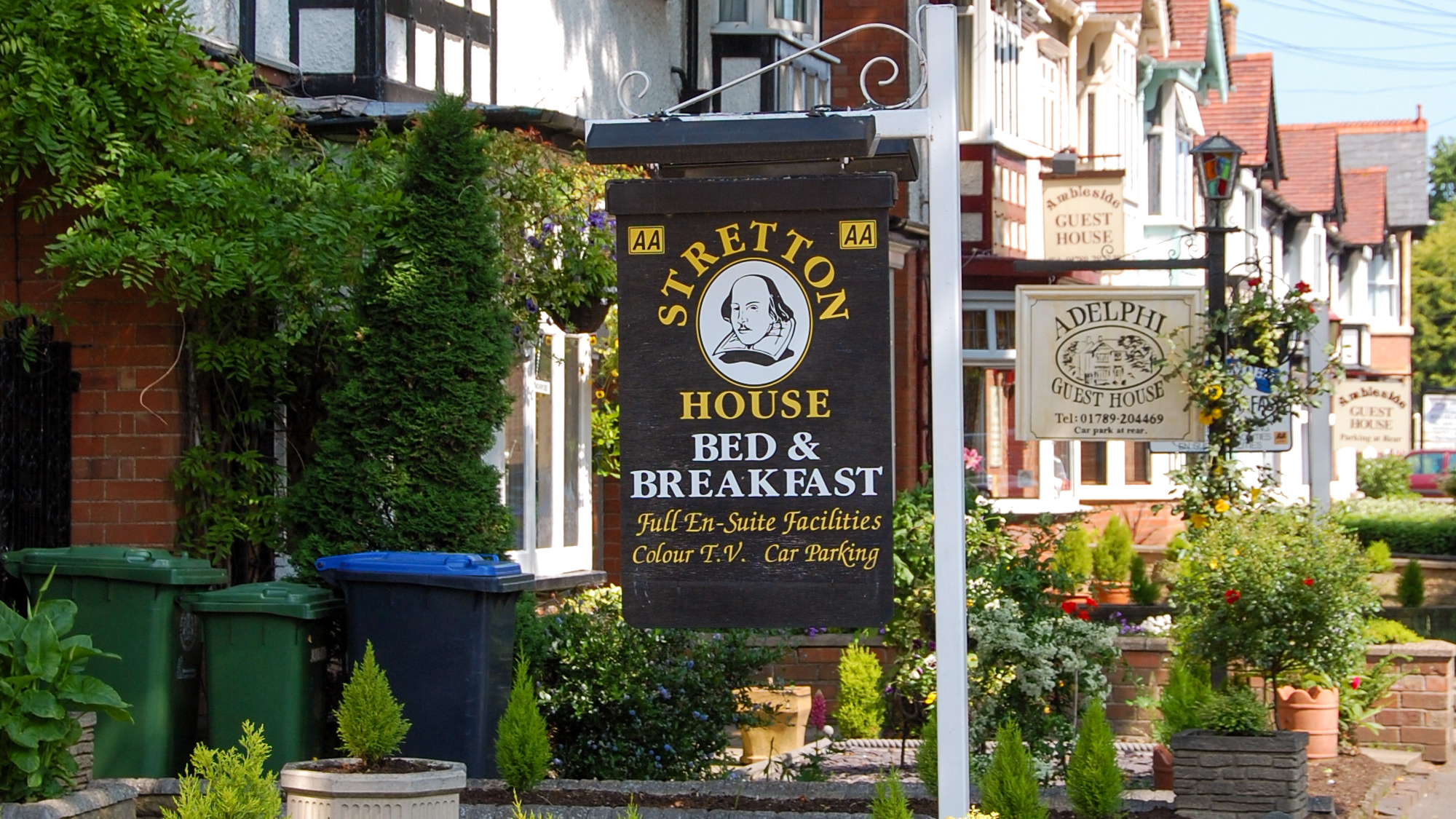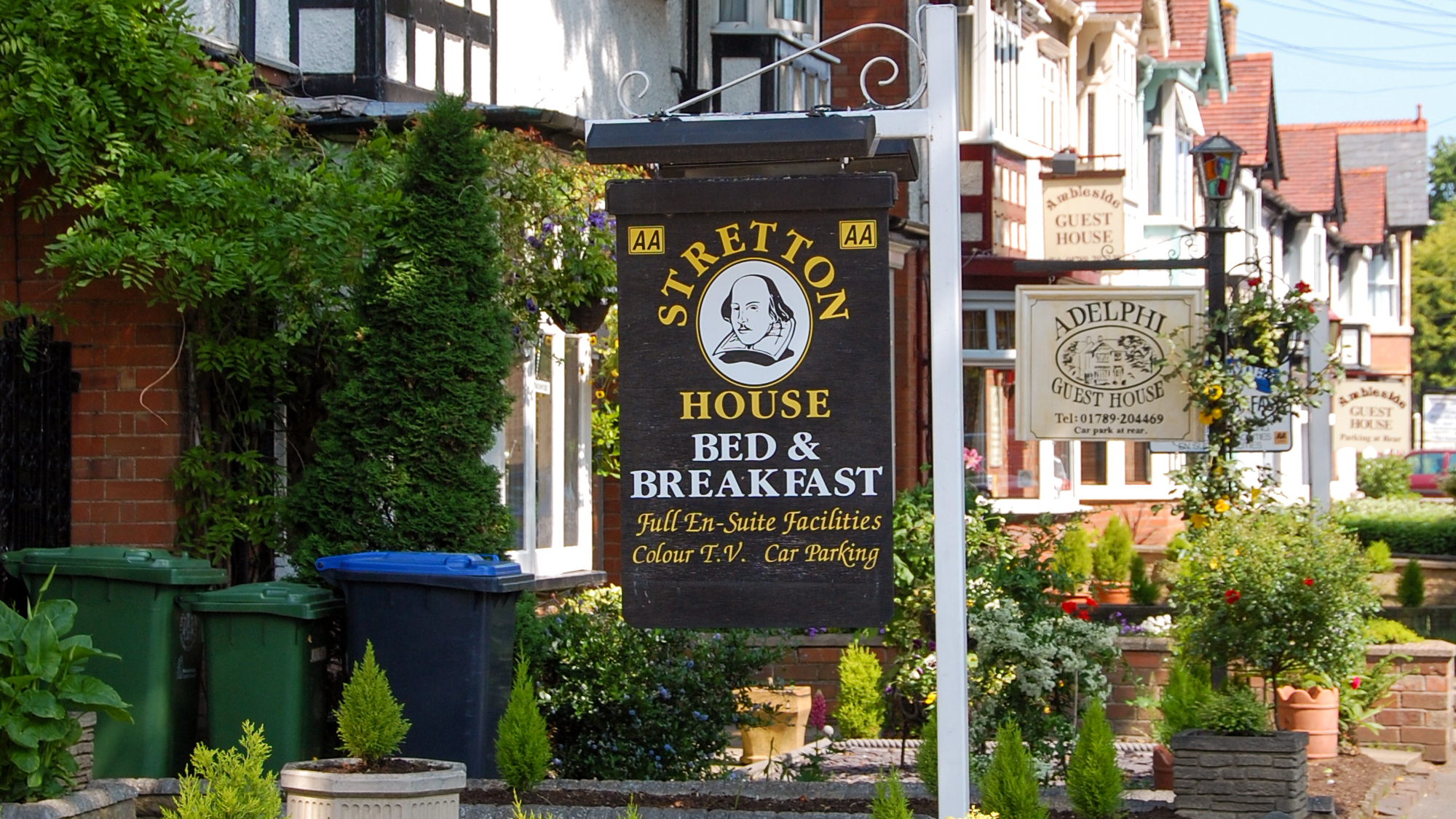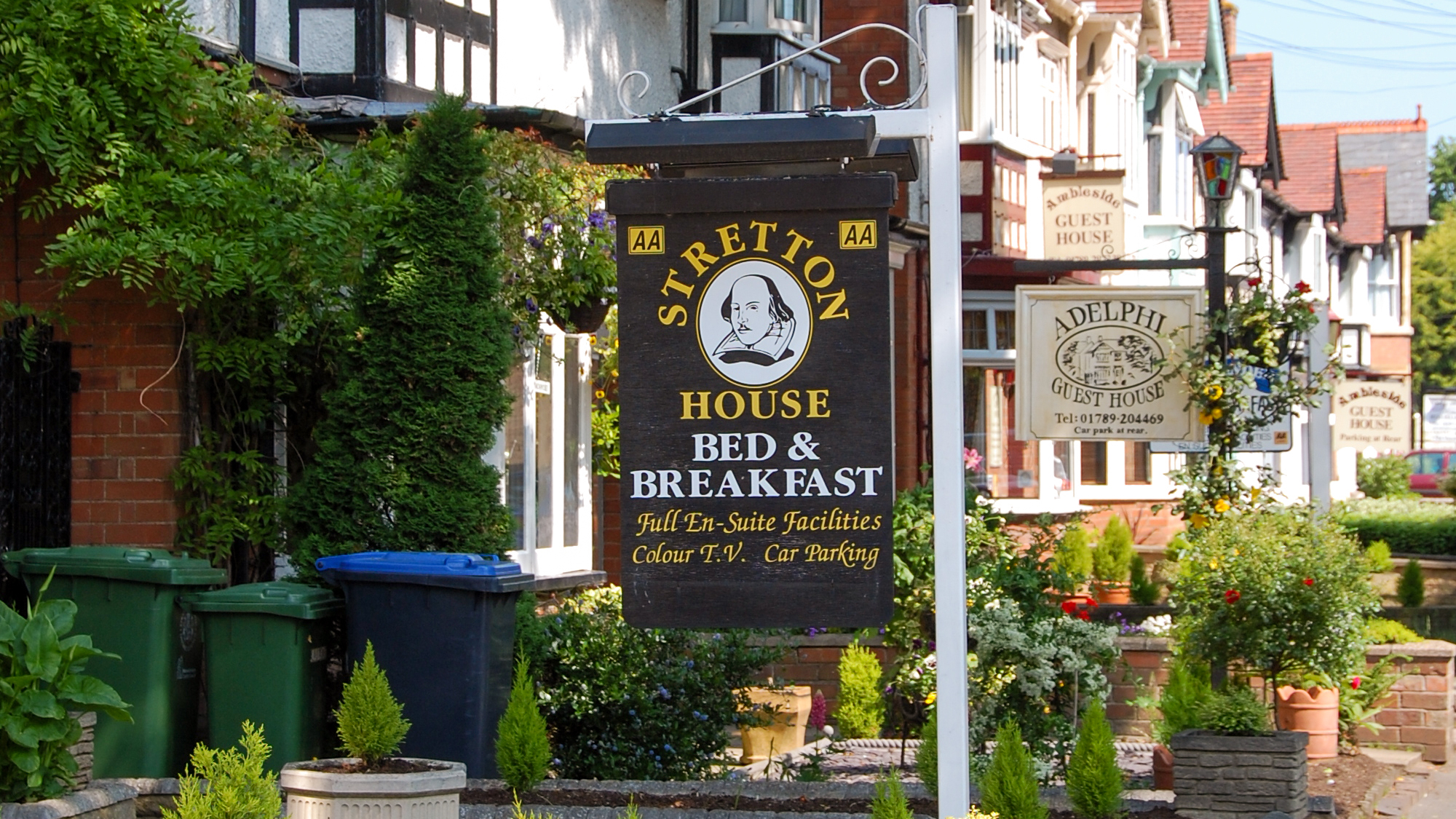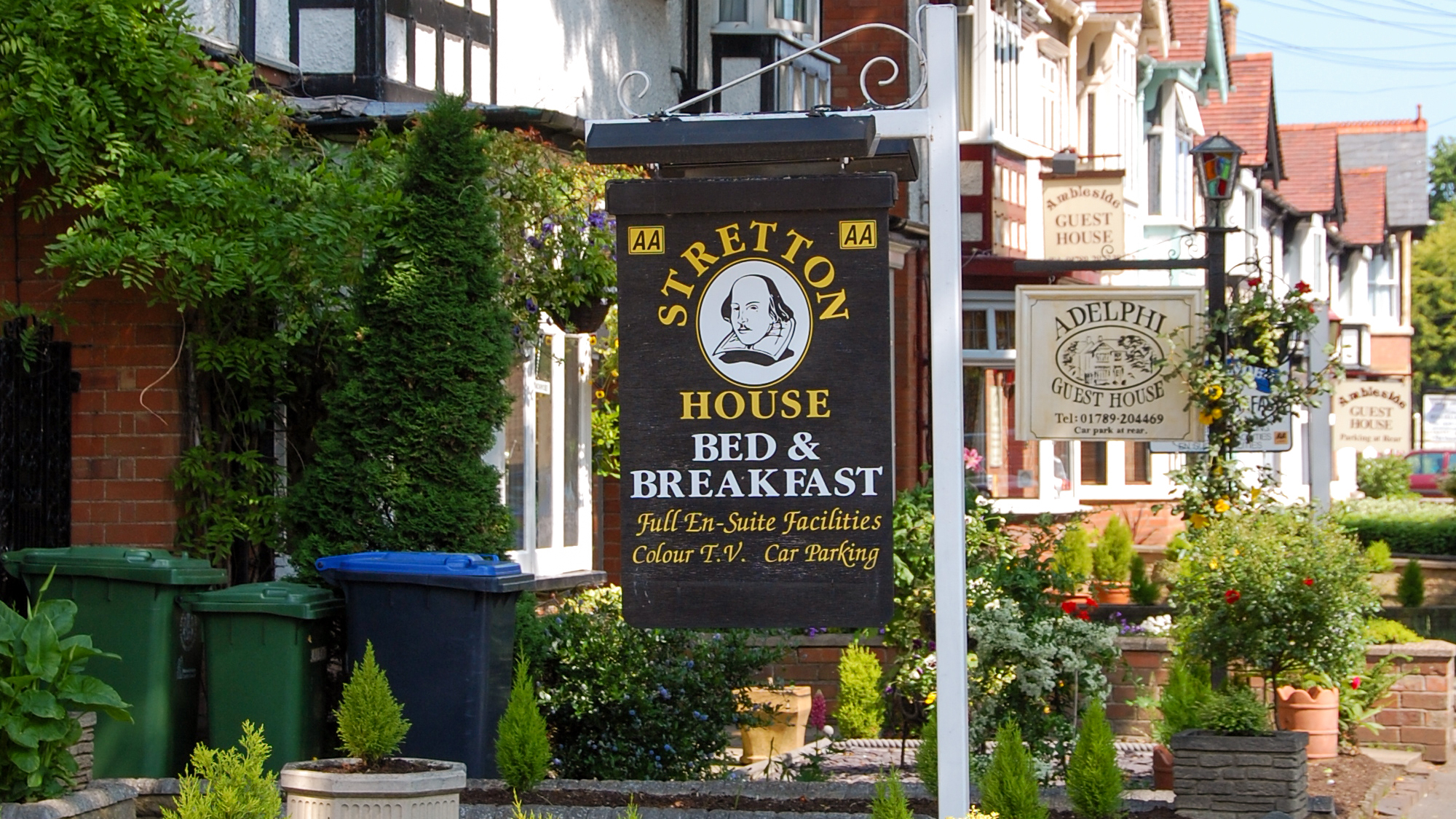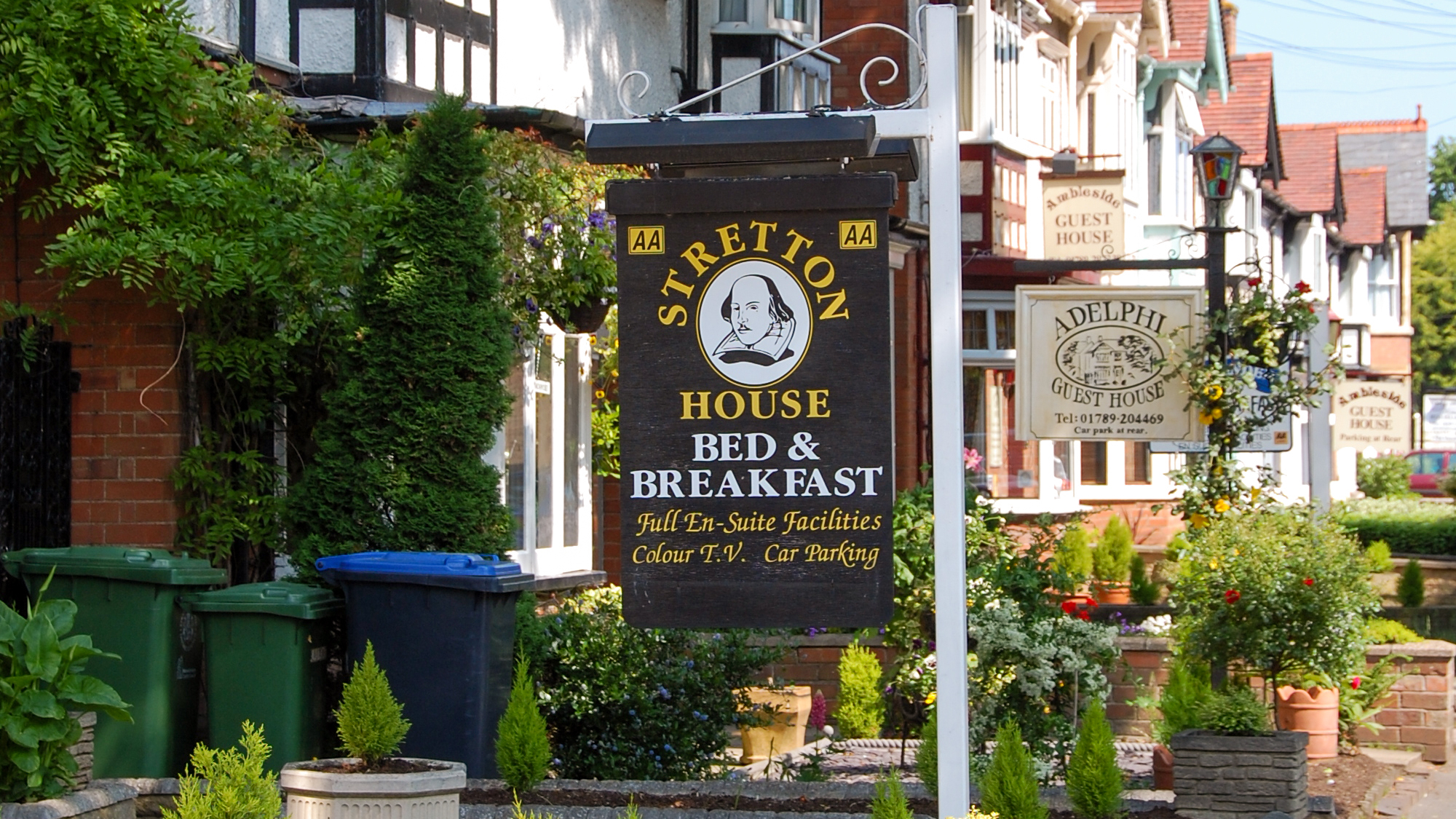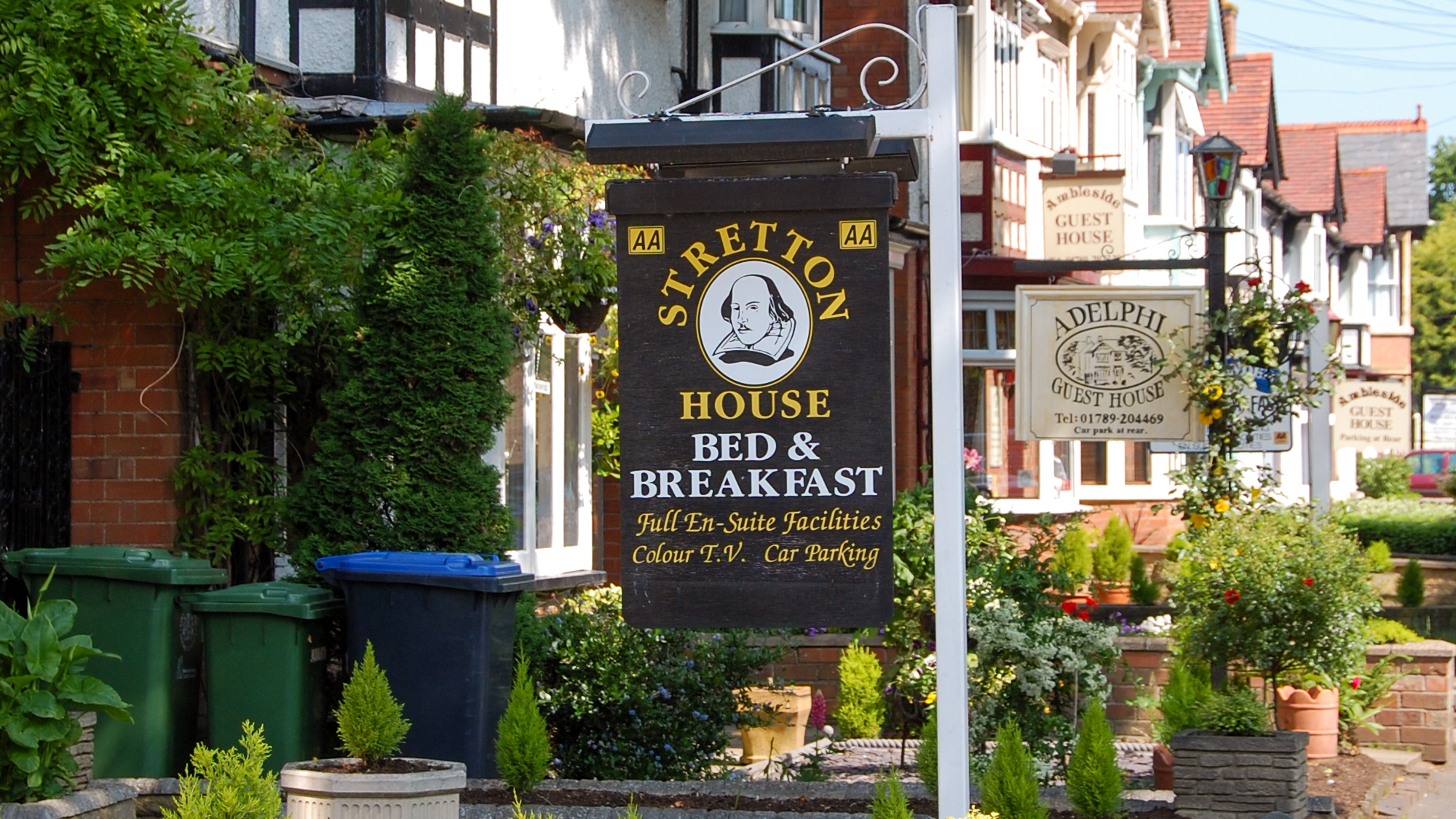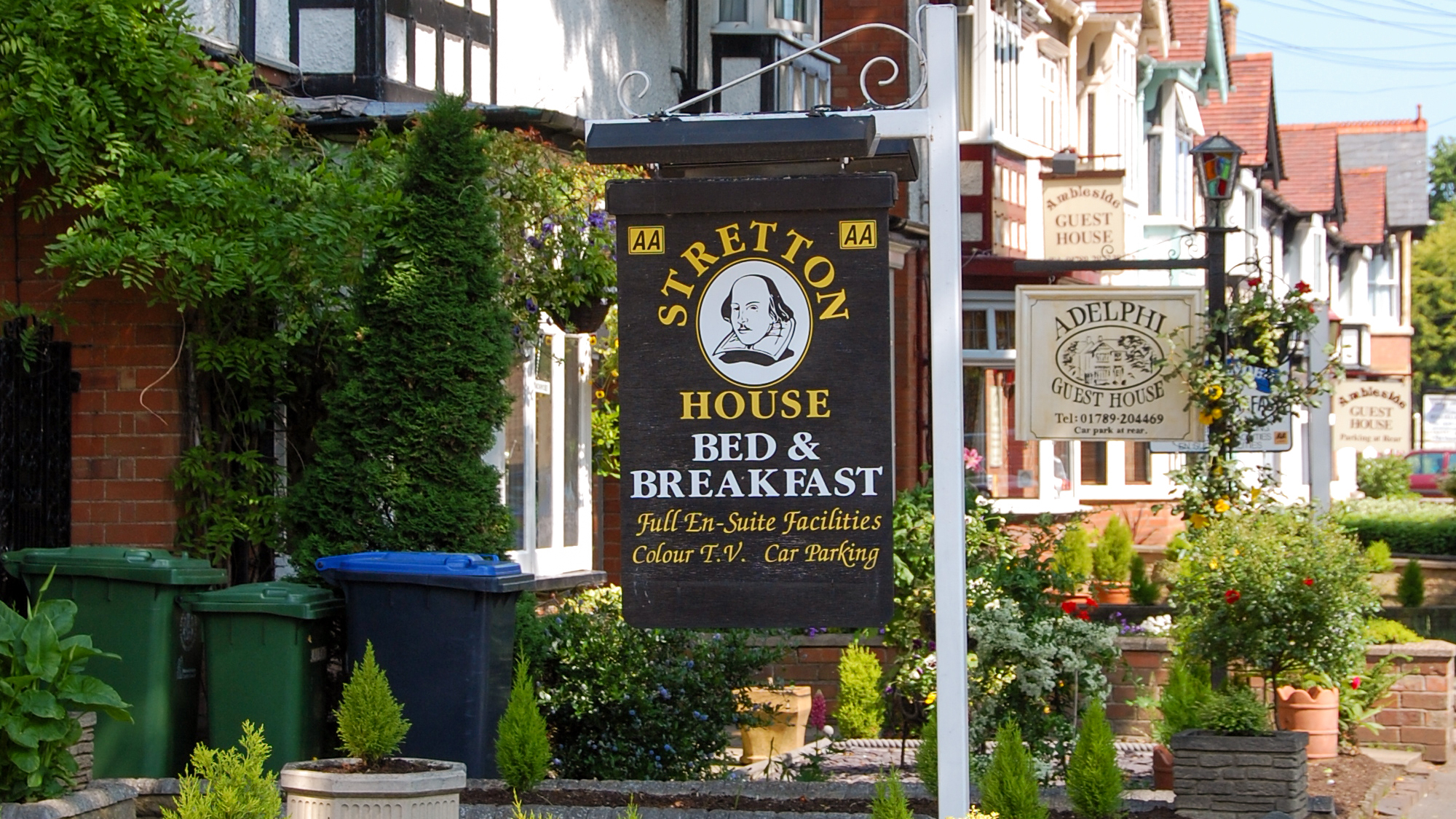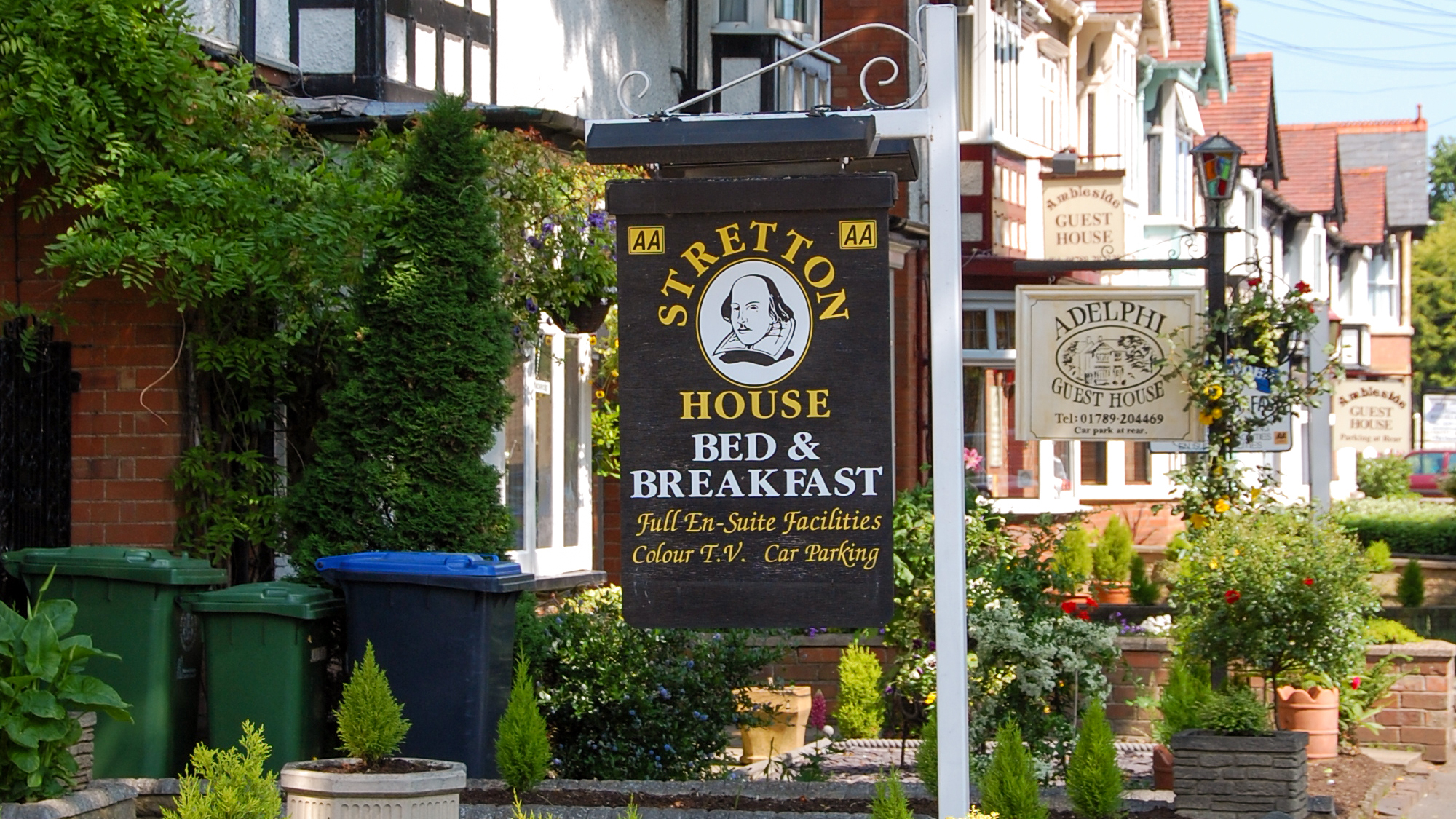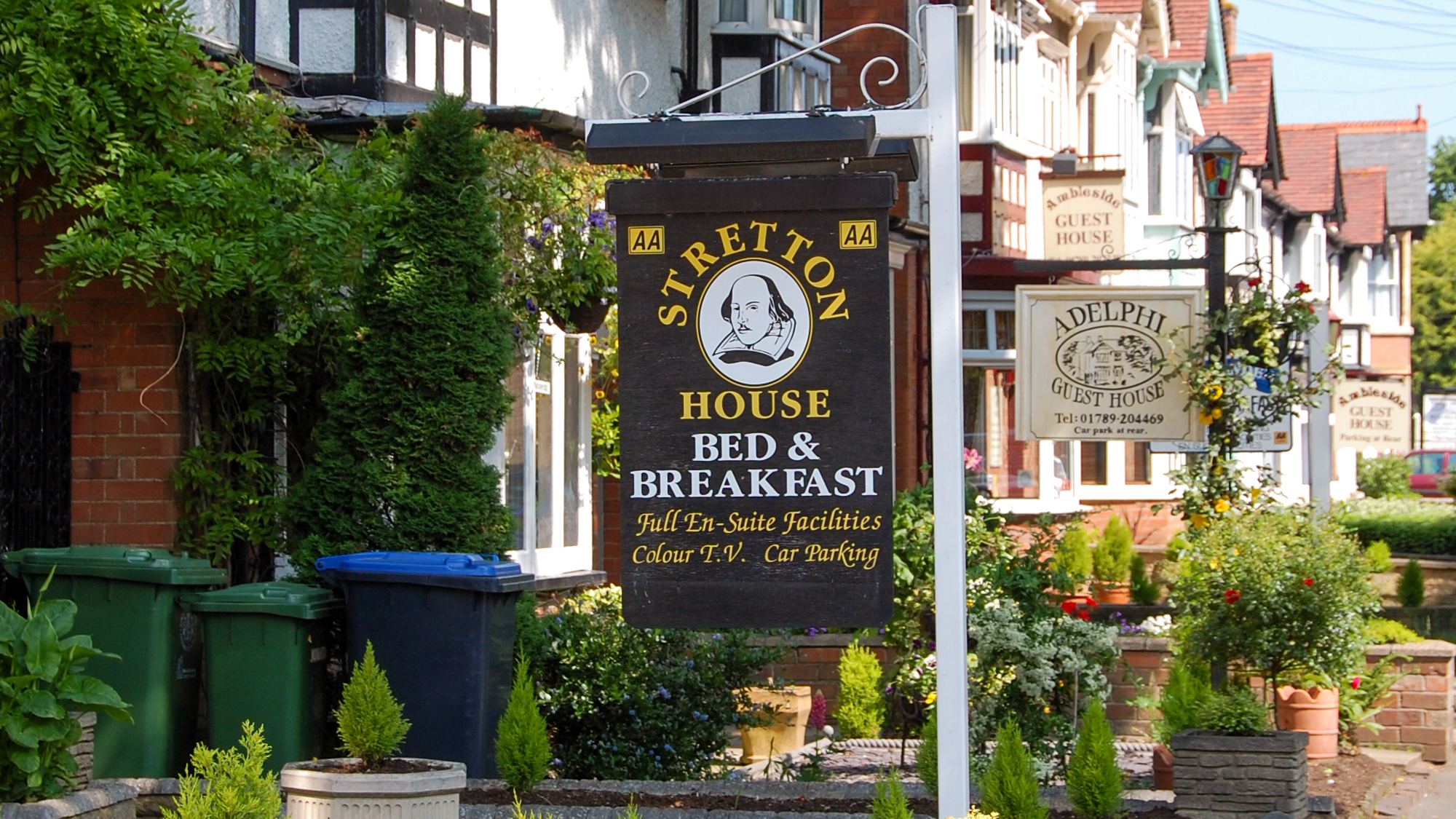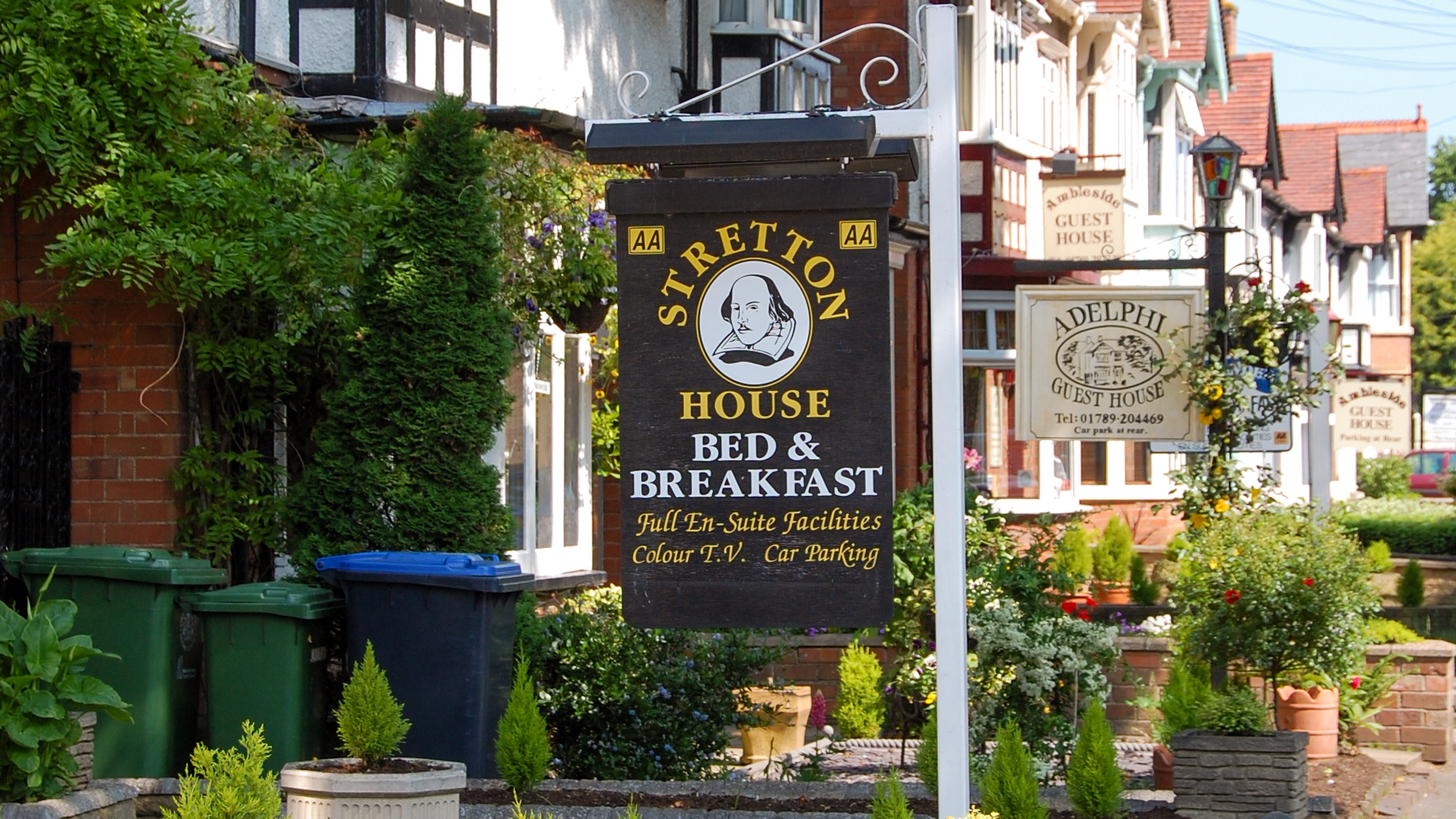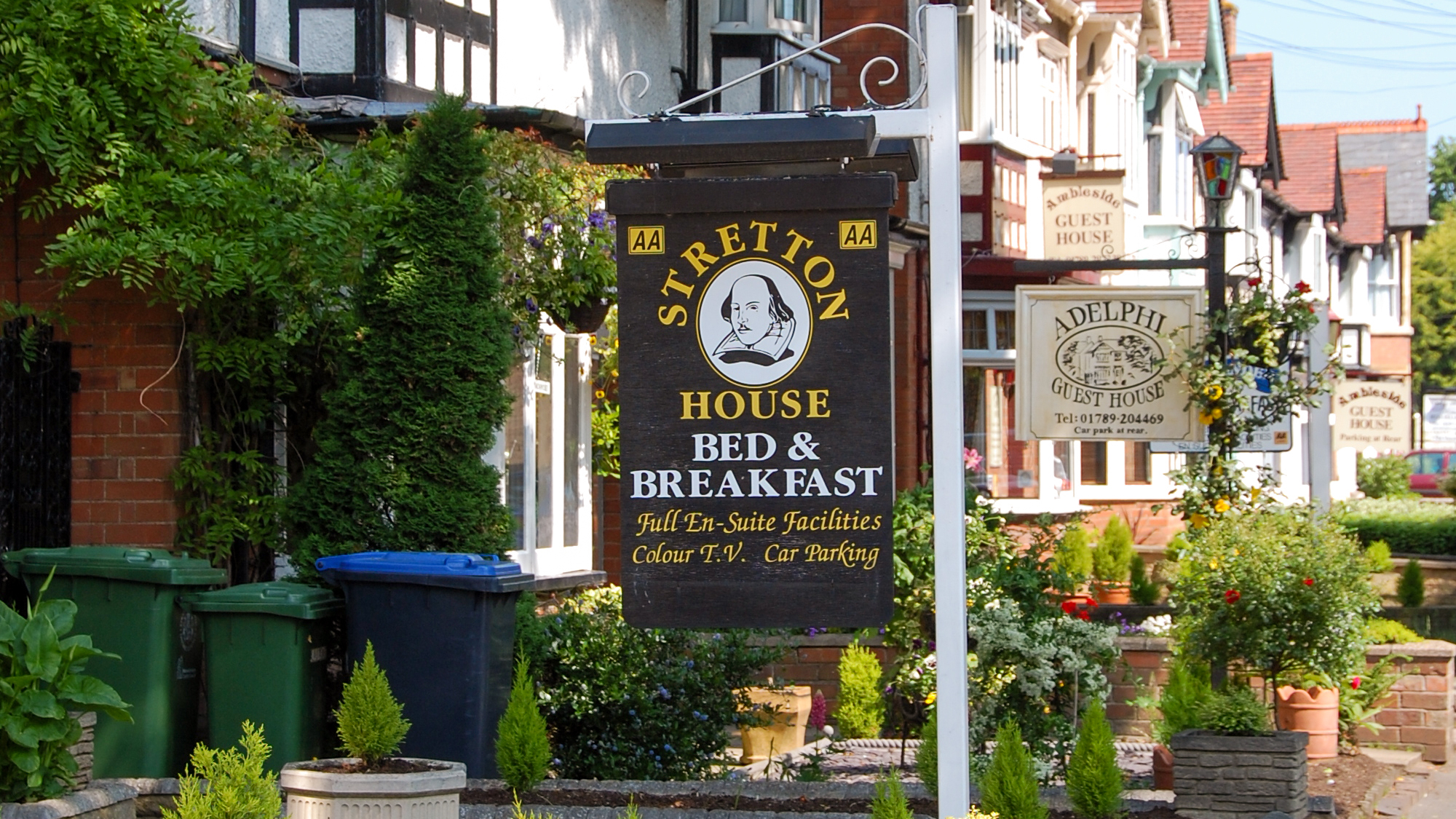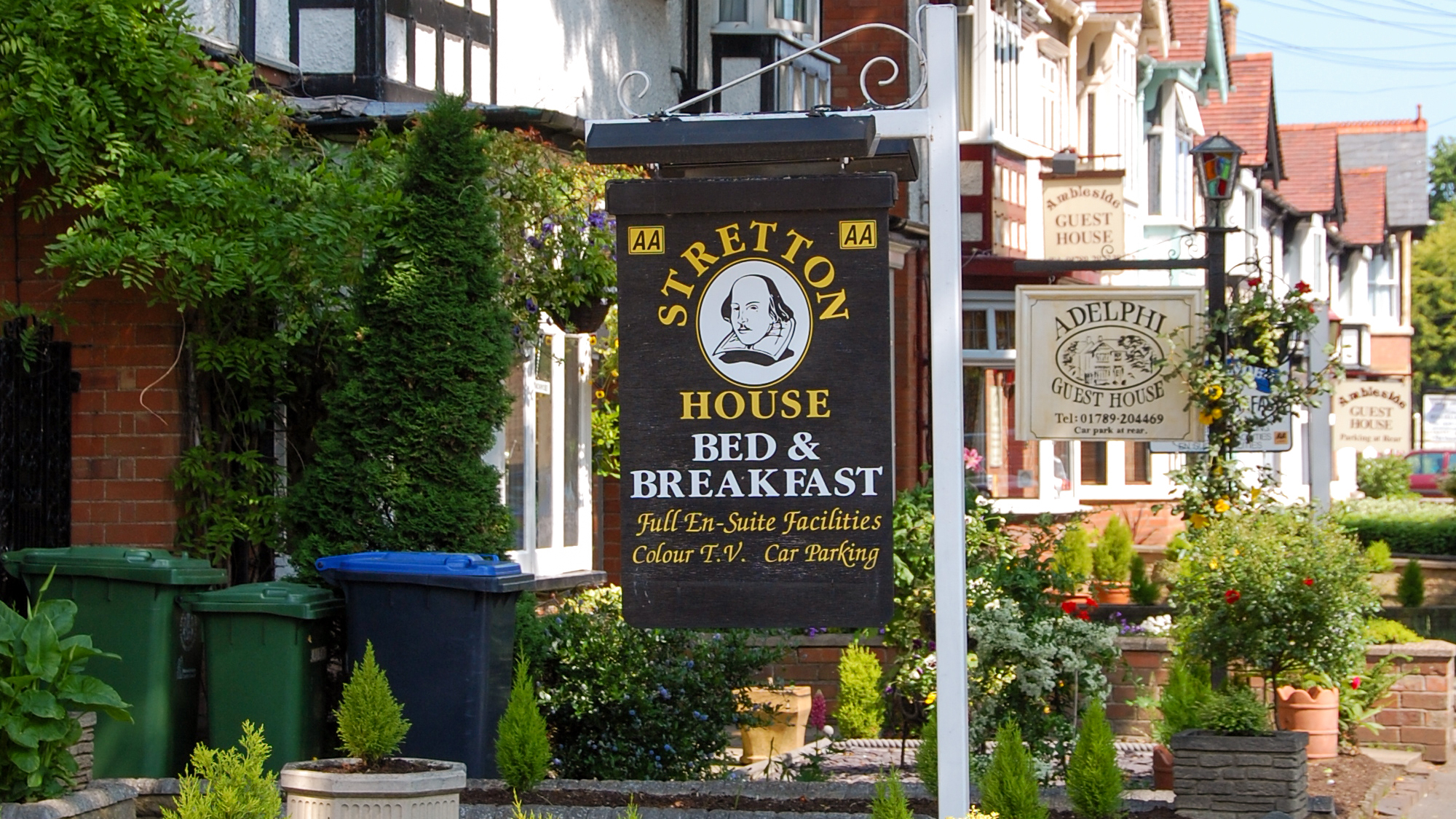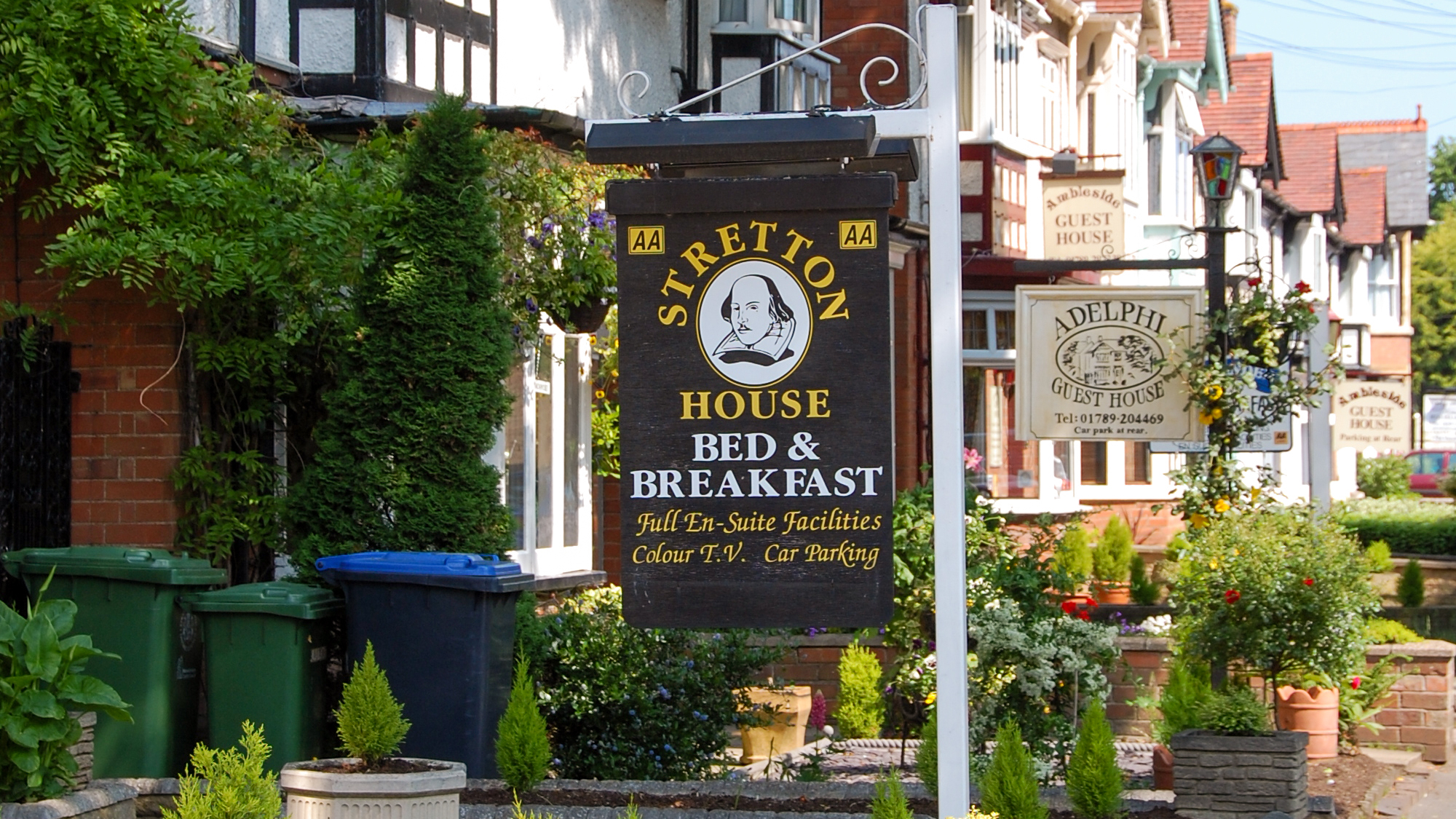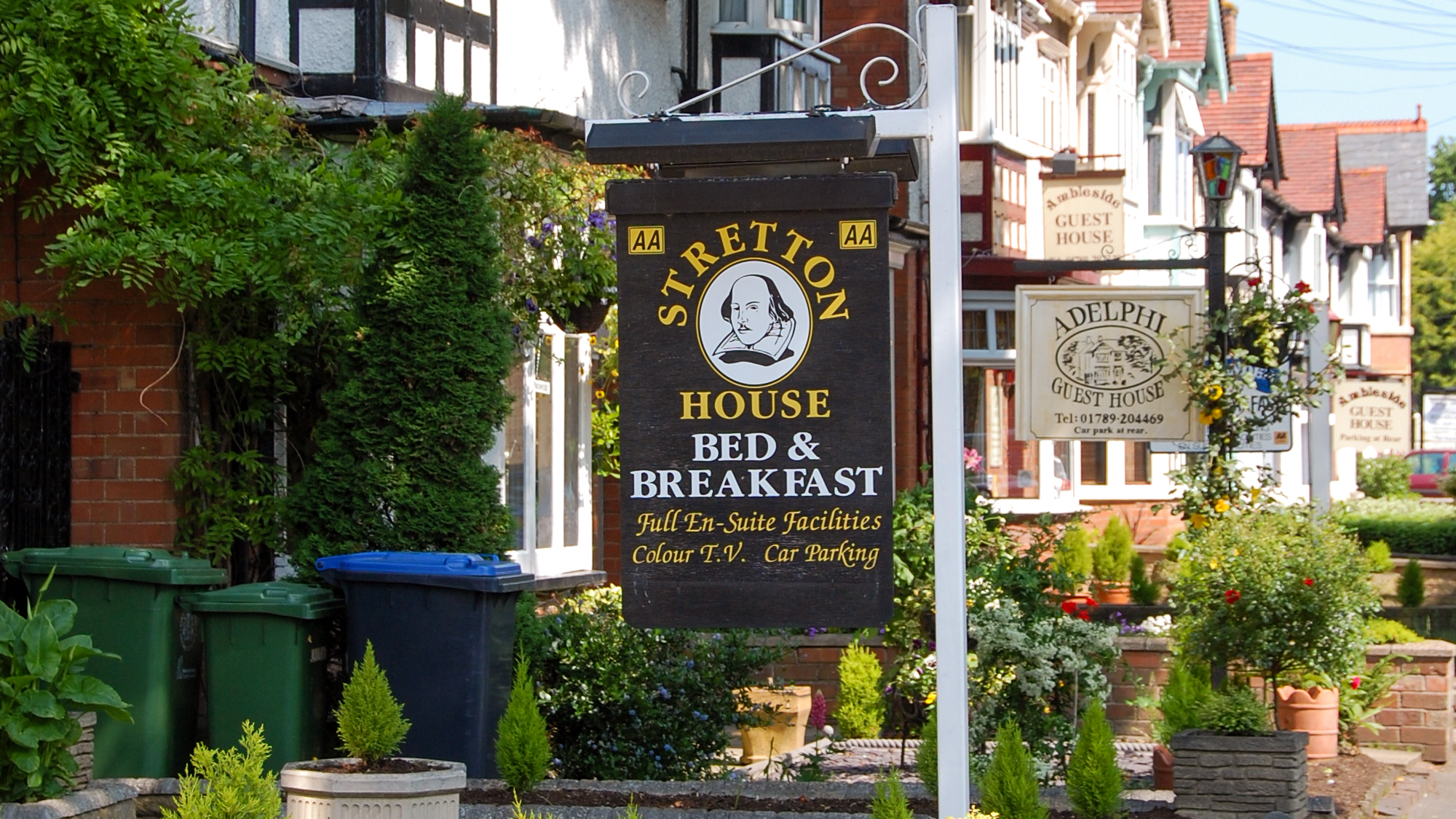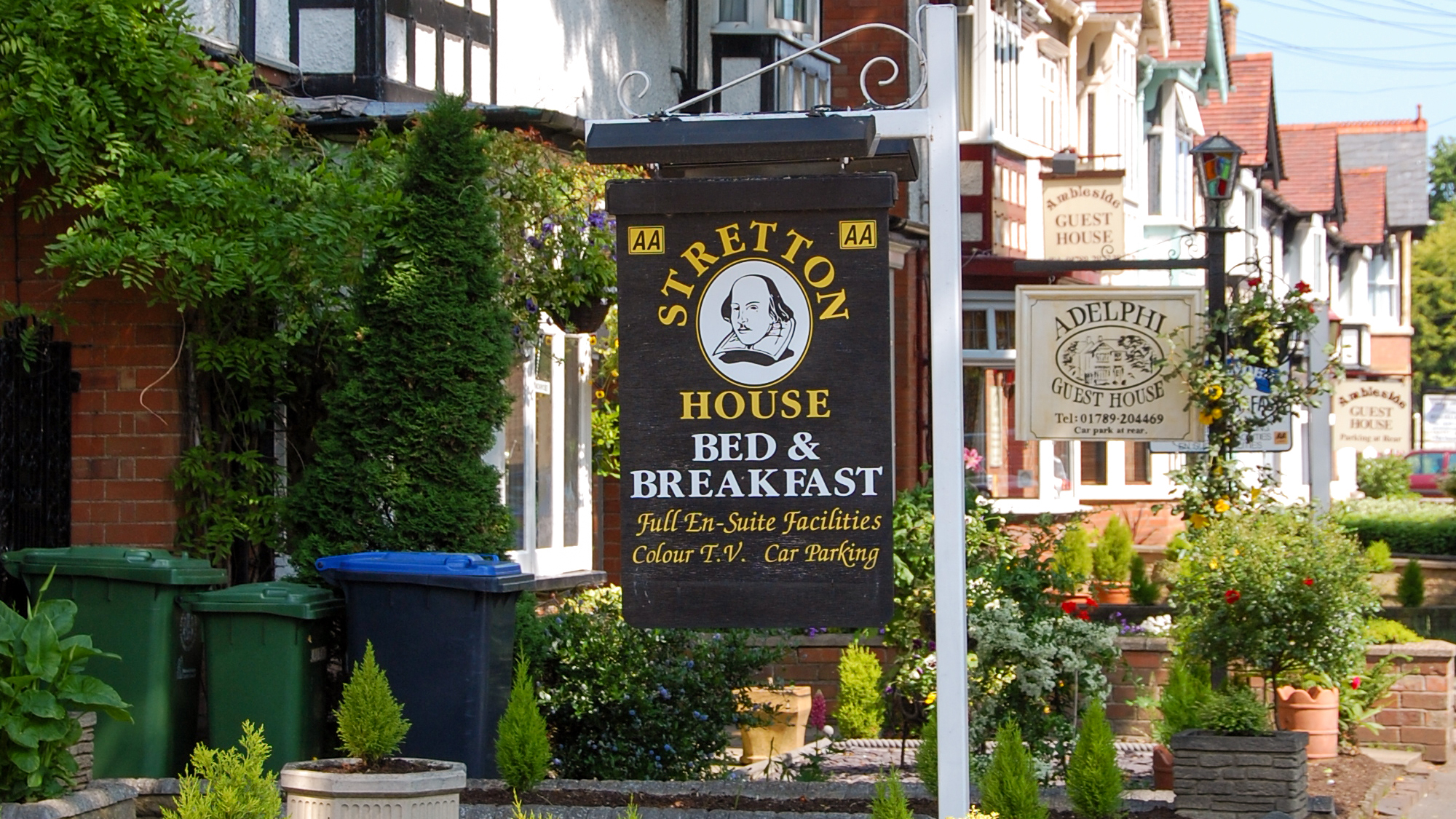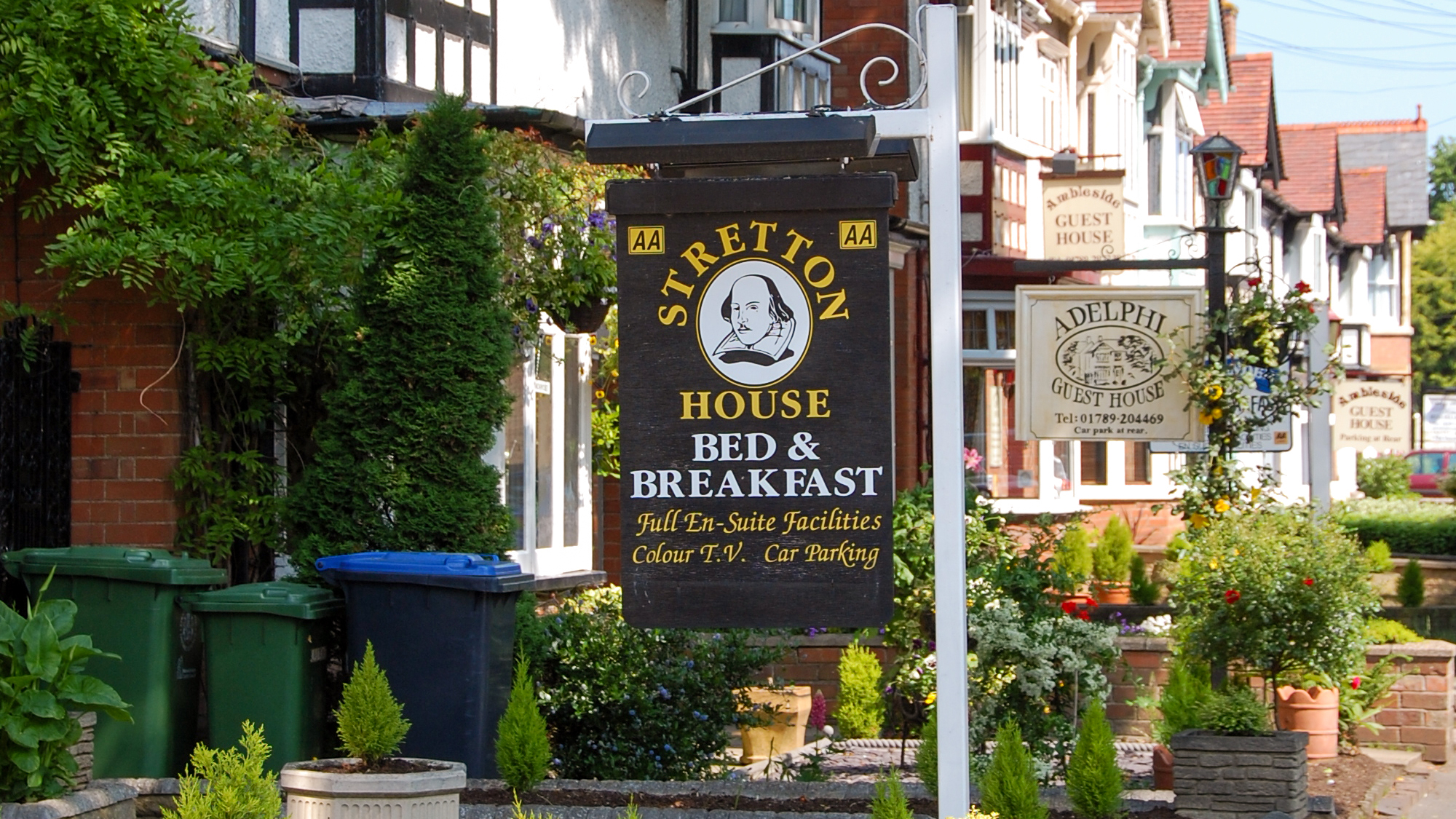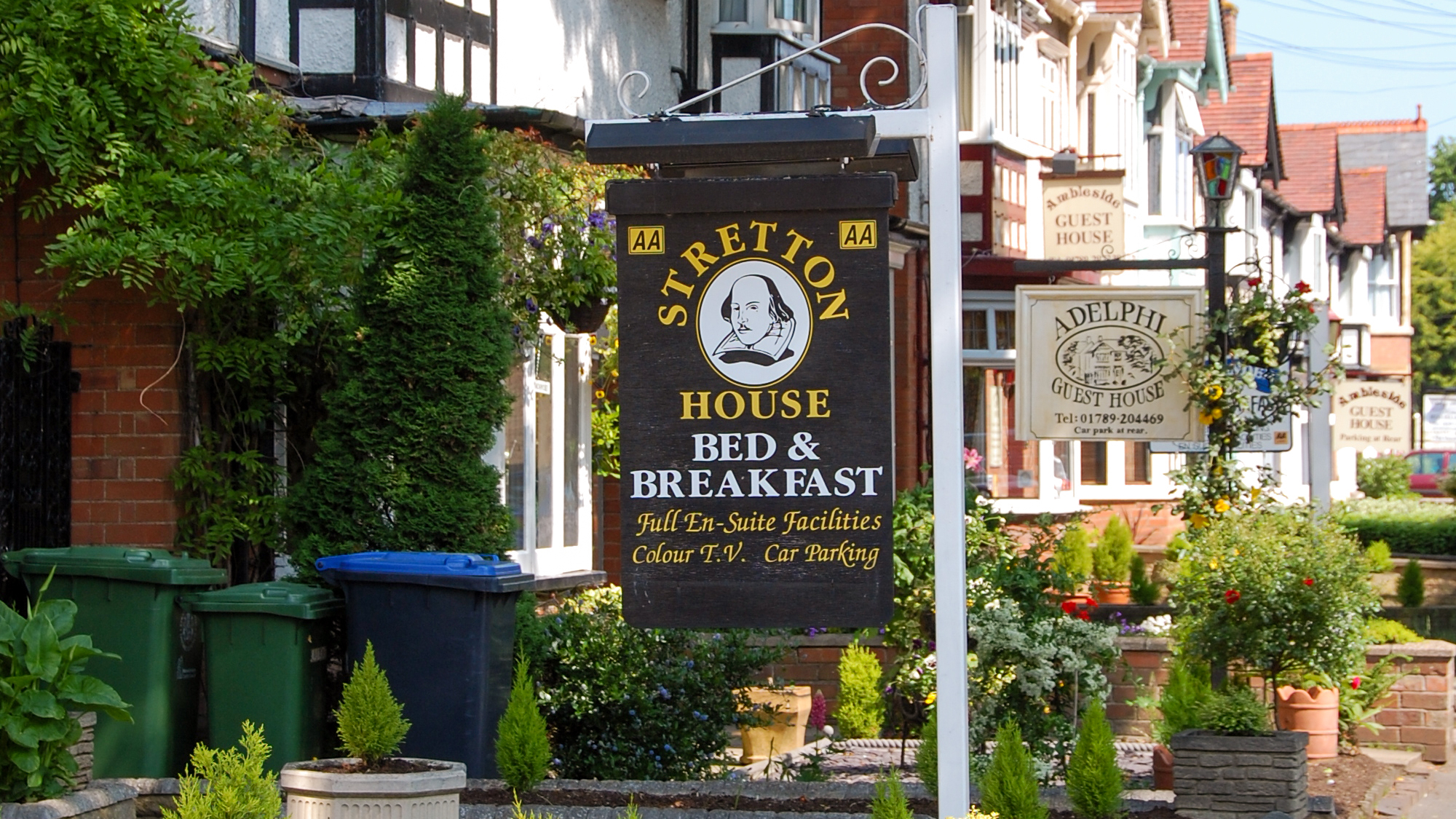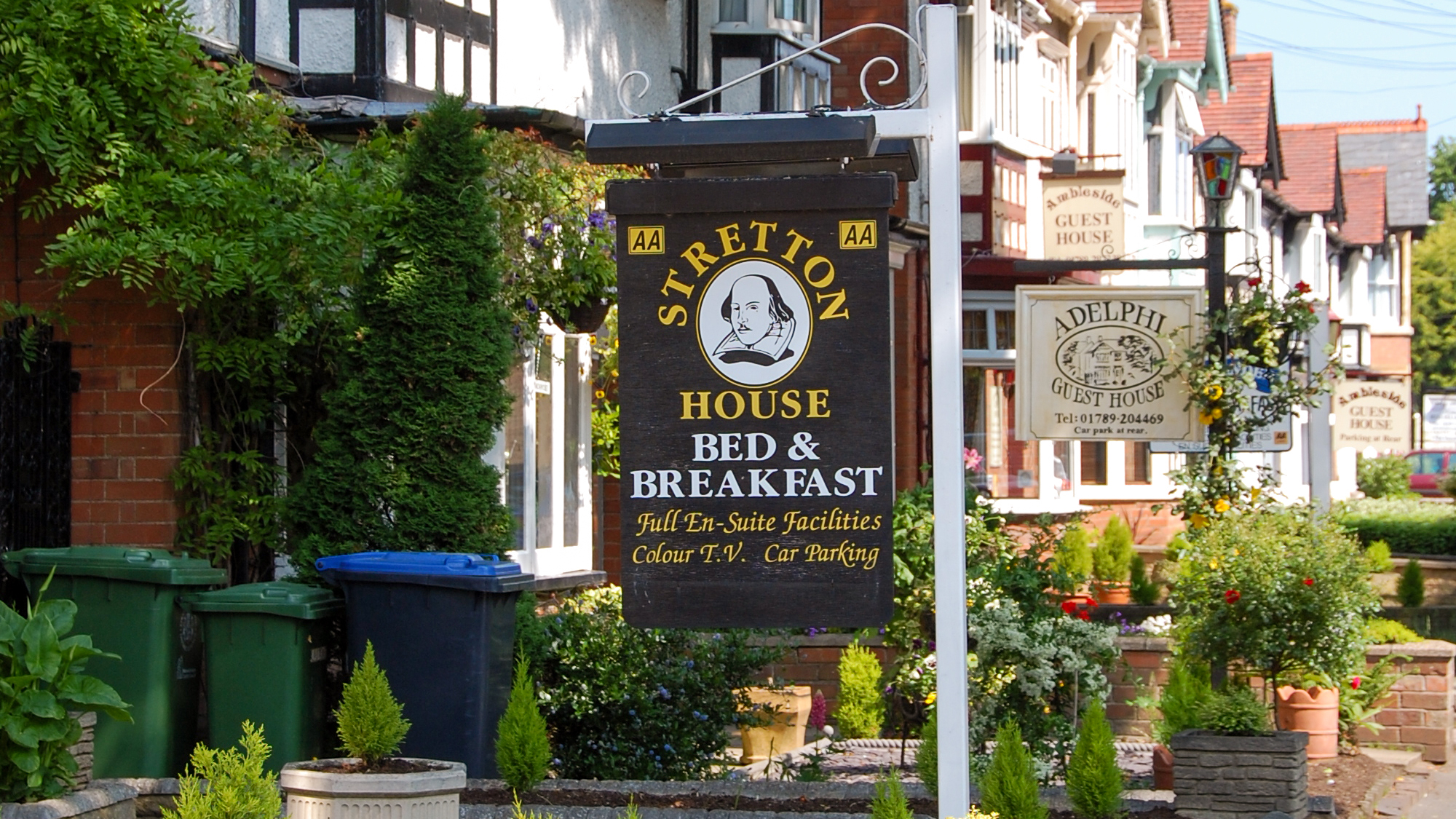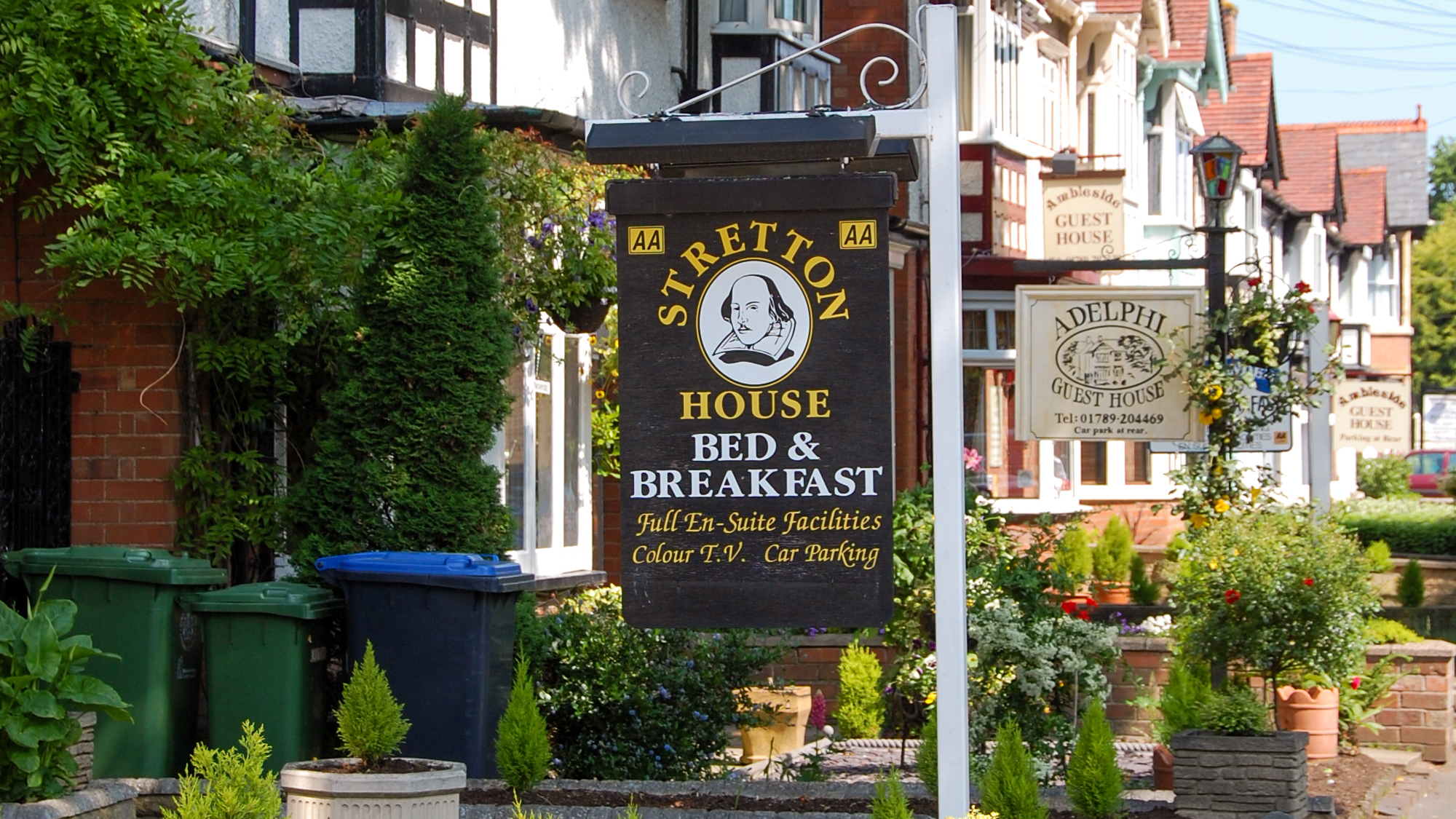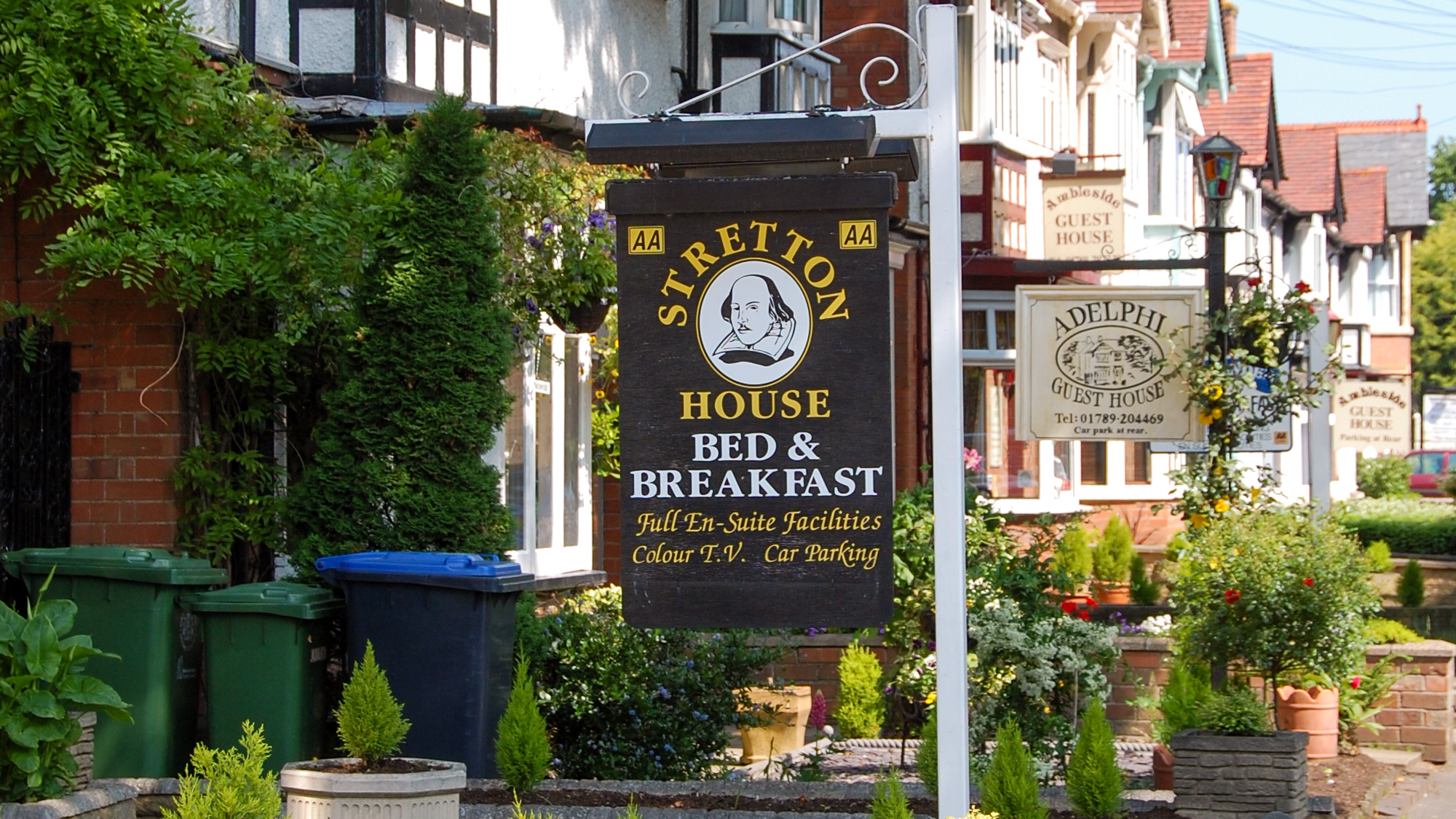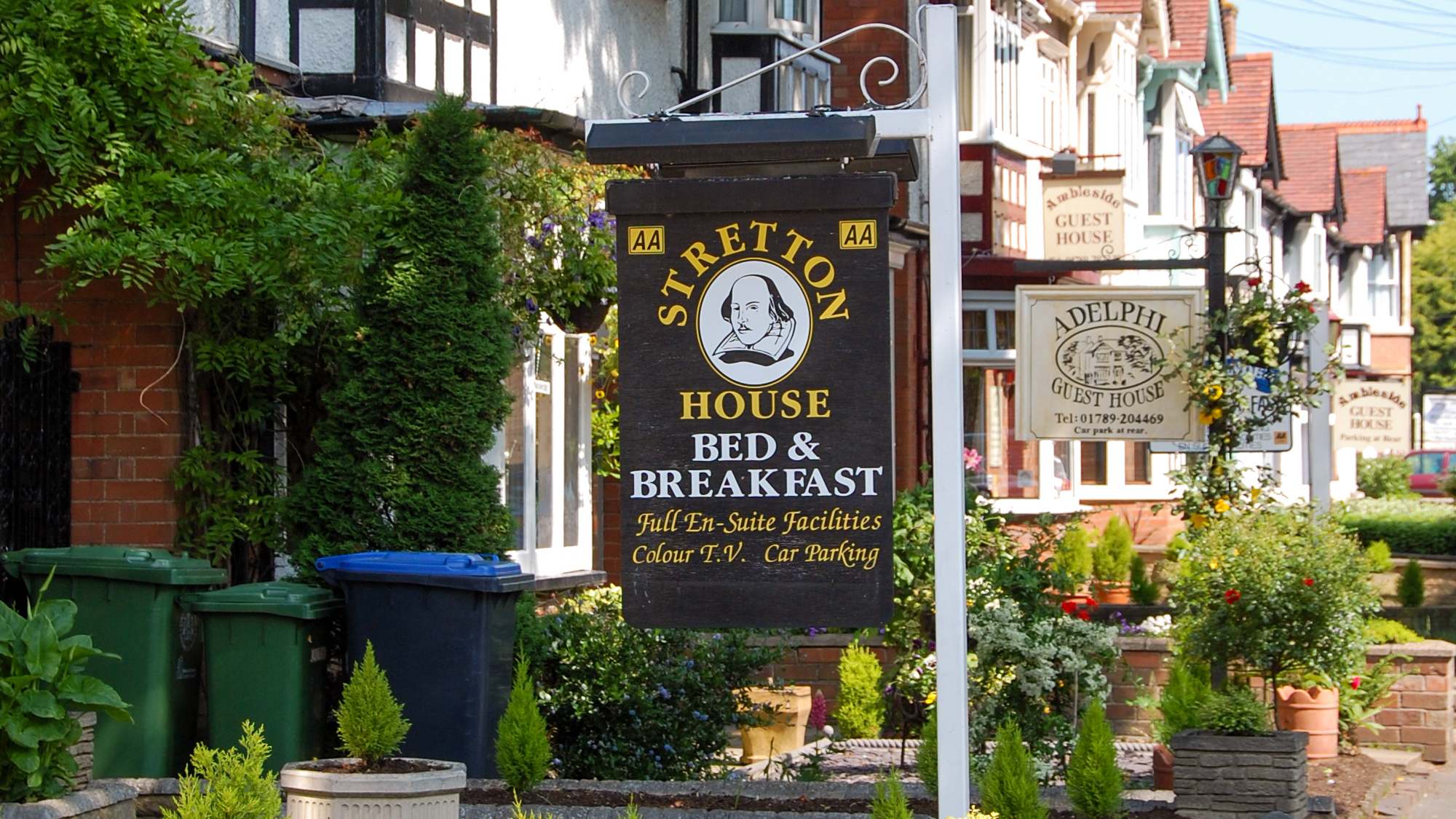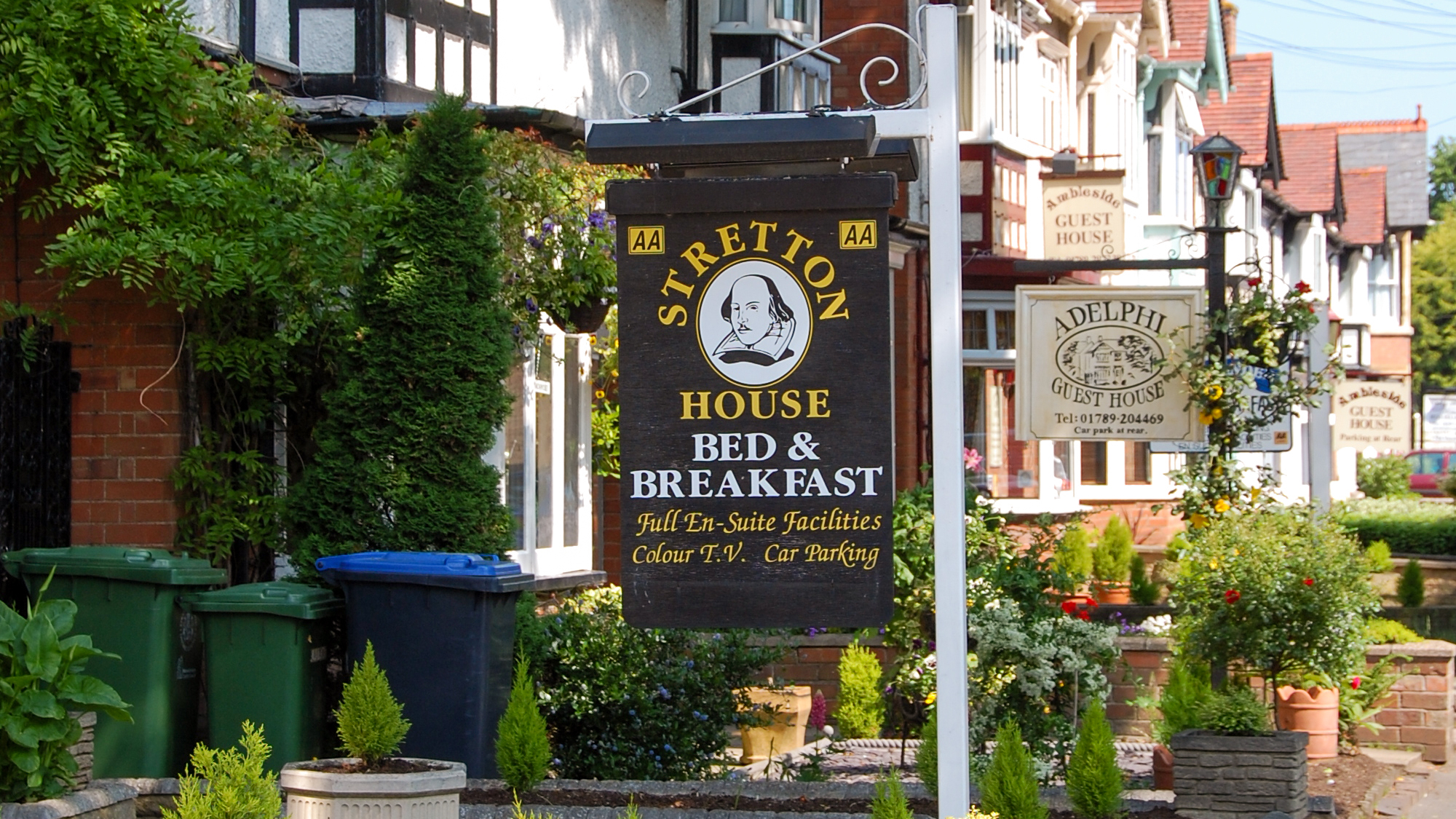Running a bed and breakfast comes with unique environmental risks that many property owners don't fully consider until it's too …
Boutique B&B Insurance: Complete Protection Guide for Unique Hospitality Businesses
Running a boutique bed and breakfast is more than just providing accommodation – it's about creating memorable experiences in distinctive, often historic or uniquely designed properties. However, with this specialization comes specific insurance needs that standard hospitality policies may not adequately address. Understanding boutique B&B insurance is crucial for protecting your investment, guests, and business operations.
What Makes Boutique B&Bs Different?
Boutique B&Bs distinguish themselves through personalized service, unique character properties, often featuring antique furnishings, specialized amenities, and intimate atmospheres. Many operate in converted historic buildings, country houses, or architecturally significant properties. This uniqueness, while attractive to guests, creates specific insurance considerations that generic hotel policies simply don't cover.
Essential Coverage Components
Buildings Insurance
Your boutique property likely features unique architectural elements, period features, or specialized construction materials. Standard buildings insurance may not reflect the true replacement cost of heritage features, custom millwork, or specialized restoration requirements. Ensure your policy includes adequate coverage for the full reinstatement value, including any listed building requirements or conservation area restrictions.
Contents and Fixtures Insurance
Boutique B&Bs often feature valuable antiques, artwork, designer furnishings, and specialized equipment. Your contents insurance should reflect the replacement value of these unique items. Consider whether you need additional coverage for items like antique furniture, original artwork, or specialized kitchen equipment that may exceed standard policy limits.
Business Interruption Insurance
For boutique B&Bs, business interruption can be particularly costly. Unlike chain hotels, you can't simply redirect bookings to other properties. Your policy should cover lost revenue during closure periods, ongoing expenses like staff wages and loan payments, and the additional costs of alternative accommodation for displaced bookings.
Public Liability Insurance
Guest safety is paramount in boutique accommodation. Your liability coverage should protect against claims arising from guest injuries, whether from period features like low beams or steep staircases, garden areas, or unique amenities. Consider coverage limits that reflect your property's specific risks and guest capacity.
Employers Liability Insurance
If you employ staff, even part-time housekeepers or breakfast chefs, employers liability insurance is legally required. This protects against claims from work-related injuries or illnesses affecting your employees.
Professional Indemnity Insurance
While not always considered essential for accommodation providers, professional indemnity can protect against claims related to advice given about local attractions, recommendations, or booking errors that result in guest disappointment or financial loss.
Specialist Considerations for Boutique B&Bs
Food Safety and Catering
Many boutique B&Bs pride themselves on exceptional breakfast offerings, often featuring locally sourced ingredients, homemade preserves, or specialized dietary accommodations. Ensure your policy covers food poisoning claims, contamination issues, and any catering equipment. If you offer evening meals or special dietary services, additional coverage may be necessary.
Licensing and Entertainment
Some boutique B&Bs host events, offer entertainment, or serve alcohol. Verify that your insurance covers these activities and that you maintain appropriate licensing. Wedding venues or properties hosting private events may need additional coverage.
Historic and Listed Properties
If your boutique B&B operates in a listed building or conservation area, specialized coverage is essential. This includes understanding any restrictions on repairs or alterations, ensuring adequate coverage for heritage features, and confirming that your insurer understands the unique requirements of historic properties.
Seasonal Operations
Many boutique B&Bs operate seasonally or have significant seasonal variations in occupancy. Your insurance should reflect these patterns, potentially offering reduced premiums during closed periods while maintaining essential coverage for the property and contents.
Guest Property Protection
Boutique B&Bs often attract guests with valuable personal belongings. While you're not liable for guest property, having some coverage can demonstrate care and professionalism. Consider what level of coverage, if any, you want to provide for guest belongings.
Cyber and Data Protection
Modern boutique B&Bs rely heavily on online booking systems, guest databases, and payment processing. Cyber insurance protects against data breaches, system failures, and the costs of notifying affected guests. This is increasingly important as data protection regulations become stricter.
Common Risks and Claims
Property-Related Claims
Period properties often present unique risks including structural issues, heating system failures, or weather-related damage. Ensure your policy adequately covers these potential issues and includes provisions for temporary accommodation if repairs are needed.
Guest-Related Incidents
From slip and fall accidents to allergic reactions to breakfast ingredients, guest-related claims are common in the hospitality sector. Your insurance should provide comprehensive protection and legal support for defending against claims.
Theft and Security
Boutique properties may be targets for theft, particularly if they contain valuable antiques or are located in remote areas. Ensure adequate coverage for theft of contents and consider whether you need coverage for theft by guests.
Choosing the Right Insurer
Specialist Knowledge
Select an insurer with experience in boutique hospitality. They should understand the unique risks, seasonal patterns, and specific needs of small-scale, personalized accommodation providers.
Flexible Policies
Look for insurers offering flexible policies that can be tailored to your specific property and operations. Avoid one-size-fits-all approaches that may leave gaps in coverage.
Claims Support
Investigate the insurer's claims handling process. For boutique B&Bs, quick resolution is crucial to minimize business interruption and maintain guest satisfaction.
Risk Management and Prevention
Regular Property Maintenance
Maintain detailed records of property maintenance, particularly for period features or specialized systems. Regular professional inspections can help prevent claims and may qualify you for premium discounts.
Staff Training
Ensure all staff understand safety procedures, food hygiene requirements, and emergency protocols. Well-trained staff can prevent many common claims.
Guest Communication
Clear communication about property features, local hazards, and house rules can prevent accidents and misunderstandings that might lead to claims.
Cost Factors and Budgeting
Property Value and Location
Insurance costs vary significantly based on property value, location, and local risk factors. Rural properties may face different risks than urban locations, affecting premiums accordingly.
Claims History
Your claims history significantly impacts premiums. Maintaining a claims-free record through good risk management practices can result in substantial savings over time.
Security Measures
Installing appropriate security systems, fire detection, and safety equipment can reduce premiums while protecting your business and guests.
Policy Reviews and Updates
Annual Reviews
Conduct annual policy reviews to ensure coverage remains adequate as your business evolves. Property improvements, new services, or changes in guest capacity may require policy adjustments.
Valuation Updates
Regularly update property and contents valuations to ensure adequate coverage. Underinsurance can leave you vulnerable to significant losses.
Regulatory Changes
Stay informed about changes in hospitality regulations, health and safety requirements, or local planning restrictions that might affect your insurance needs.
Making a Claim
Immediate Response
Know your insurer's emergency contact procedures and claim reporting requirements. Quick reporting can expedite the claims process and minimize business disruption.
Documentation
Maintain detailed records of all property features, contents, and business operations. Good documentation supports claims and can speed up settlements.
Professional Support
Consider whether you need professional support for complex claims, particularly those involving historic properties or significant business interruption.
Future Considerations
Market Evolution
The boutique hospitality market continues to evolve, with increasing focus on sustainability, unique experiences, and personalized service. Ensure your insurance evolves with your business model.
Technology Integration
As boutique B&Bs increasingly adopt smart home technology, contactless check-in systems, and advanced booking platforms, ensure your cyber insurance keeps pace with technological adoption.
Conclusion
Boutique B&B insurance requires careful consideration of your unique property, operations, and guest experience. While it may seem complex, proper coverage protects not just your financial investment but also the distinctive character and reputation that make your boutique B&B special. Working with experienced insurance professionals who understand the boutique hospitality sector ensures you get comprehensive protection tailored to your specific needs.
Regular policy reviews, proactive risk management, and maintaining strong relationships with your insurance provider will help ensure your boutique B&B remains protected while you focus on creating exceptional guest experiences. Remember, the right insurance is an investment in your business's future, providing peace of mind that allows you to concentrate on what you do best – hospitality.


 0330 127 2333
0330 127 2333
